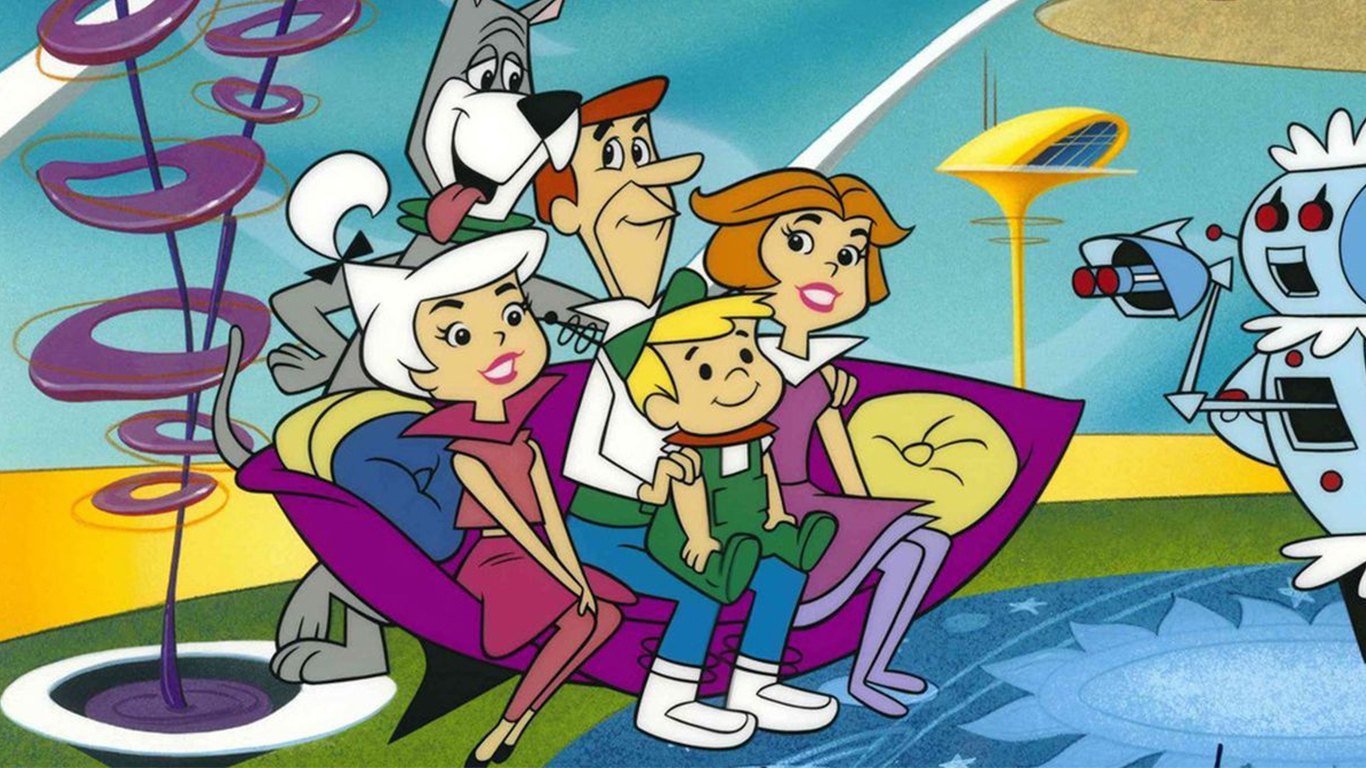

While I was sleeping, Apple cut off—and restored—Facebook and Google’s access to 900 million iPhones.
Catching up, the commentary that caught my eye dealt with the power Apple could wield to impose its will.
From Ben Thompson’s “Facebook Versus Apple,” posted on Stratechery ($):
I can’t help but be extremely disquieted by Apple’s actions. Those of us that understand how iOS apps are locked down… have always understood at a theoretical level that Apple had a de facto “kill switch” for apps. In fact, Steve Jobs said as much in 2008, and Apple publicly acknowledged remotely removing malware-infested apps in 2015.
Even so, to see that power exercised is pretty stunning. On Tuesday Facebook employees and Facebook the company thought they owned their iPhones: on Wednesday Apple made clear that the ultimate owner — at least if ownership means control — was Apple itself. And so a $400+ billion enterprise was thrown into chaos and made unable to work on their most important product, simply because a different company said so.
From Tripp Mickle’s “Apple Exerts Power as Privacy Protector,” published in Friday’s Wall Street Journal ($):
The penalties, while temporary, punctuated Apple’s escalating campaign in recent years to highlight its purported protections of user information, in contrast to big tech rivals that Chief Executive Tim Cook has portrayed as cavalier about privacy. The Apple boss has repeatedly called for privacy legislation—an idea that many tech chiefs worry about—and has promoted Apple’s business model as superior to rivals because it sells devices rather than advertising.
The moves also highlight Apple’s dual role as a rival to those companies and a gatekeeper controlling their access to the more than 900 million iPhones in use around the world. In one swift move, it was able to undermine the ability of two competitors to continue their daily work of updating, fixing and improving popular apps such as Instagram and Gmail, former and current employees of Facebook and Apple said.
“This is Apple flexing its muscles and part of the Tim Cook indignation tour,” said Scott Galloway, a marketing professor at New York University who has criticized the dominance of big tech companies.
My take: Cook played his hand well. Tough, but forgiving.

Thank you for reading! Have some feedback for us?
Contact the 24/7 Wall St. editorial team.





